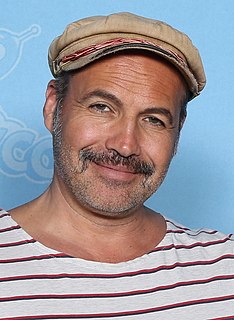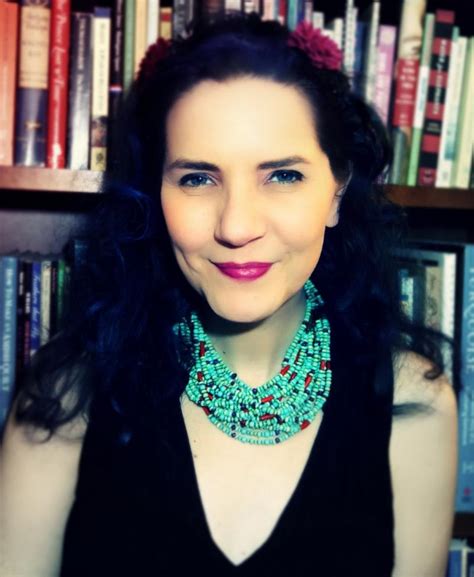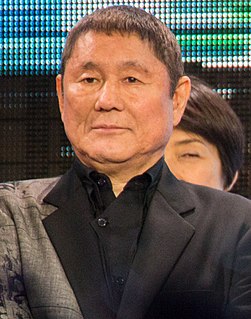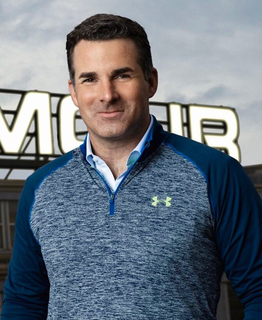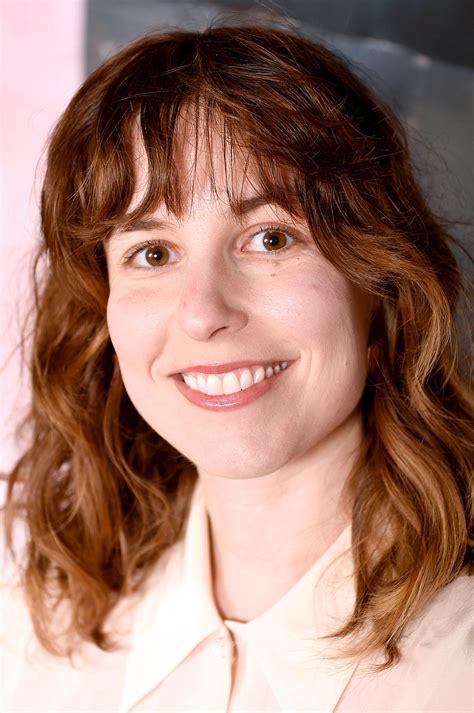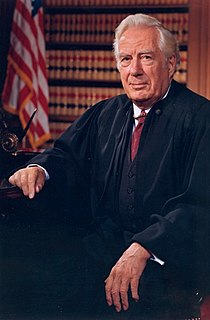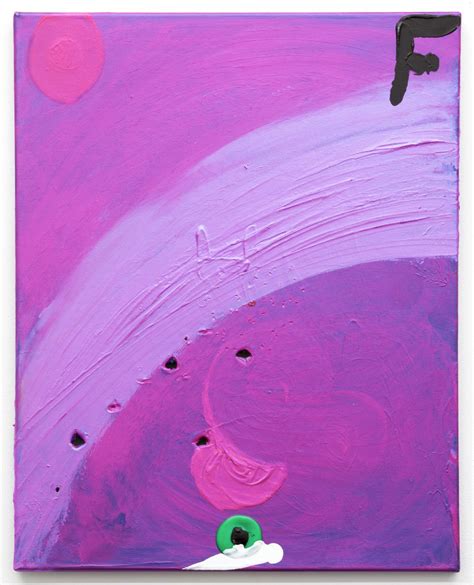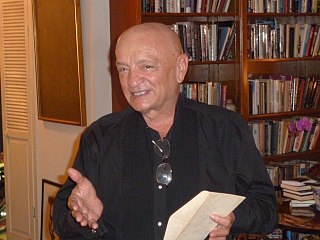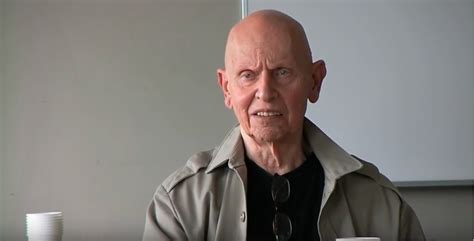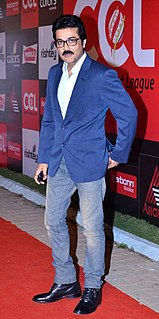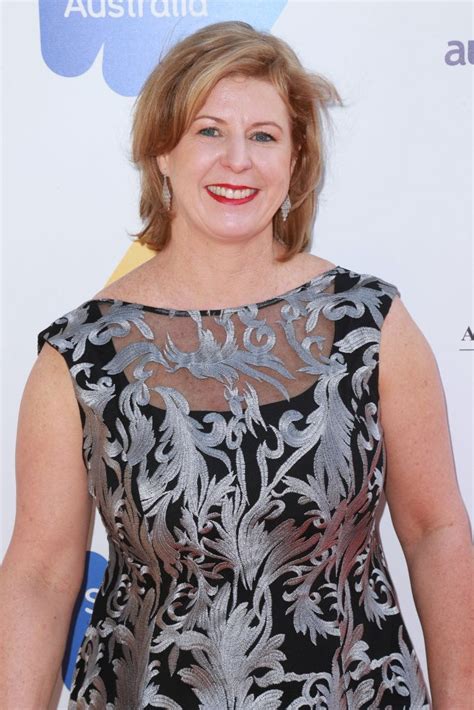Top 858 Editing Quotes & Sayings
Explore popular Editing quotes.
Last updated on April 14, 2025.
Of course, to publish something, you have to write it, polish it, then hire out the line editing, copy editing and cover design. After which, you pick your way through the minefield of conforming to the differing requirements of Amazon, Barnes & Noble and Smashwords, or hire someone to do it for you.
With the camera, it's all or nothing. You either get what you're after at once, or what you do has to be worthless. I don't think the essence of photography has the hand in it so much. The essence is done very quietly with a flash of the mind, and with a machine. I think too that photography is editing, editing after the taking. After knowing what to take, you have to do the editing.
All three parts of filmmaking [writing, shooting, editing] contribute to rhytm. You want the script to be a tight as possible, you want the acting to be as efficient as possible on the set, and you have enough coverage to manipulate the rhythm in the editing room, and then in the editing room you want to find the quickest possible version, even if it's a leisurely paced film. I definitely in filmmaking more and more find writing and directing a means to harvest material for editing. It's all about editing.
Ever since 'Strange Heaven,' I haven't really reread my old work. Not so much because I don't like the writer I was, or because I find flaws in the writing, but more because I get so burnt out on a novel once I've finished writing, revising, editing and copy editing it that I genuinely never want to look at it again after it's gone to press.
I grew up loving watching movies, and at a certain point, I started to become fascinated with making movies. Then I went to film school, and I got to dabble with different aspects of moviemaking, and I ended up settling heavily into editing - editing was what I was really adept at, had a passion for.
Teaching and editing have helped me enormously, and brought wonderful people into my life. When I see an author I'm editing struggling to bring a flash of an idea to the page, or notice a student's hands shaking as they read something they wrote out loud for the first time, it keeps things in perspective. How vulnerable we all are. How hard it can be to open the door.
I'd like to drill in a little more detail into one aspect of cutting which is particularly close to me and that's dialogue editing. It is a vital part of editing especially in animated film, but in the end it is usually completely transparent to the audience. The vocal performances are reported for over several years and the actors are very rarely in recording studios together. That's why the editor has got to all these different performances and edit them together to create the illusion of spontaneity and real action.
I was shooting on The Mindy Project while I was editing Alex of Venice, which was the stupidest thing I could've done. It was like having two full-time jobs. But in editing some characters were dropped, some storylines were dropped. It just starts dictating what it's supposed to be.It's scary, but fun to try to be brave and to "kill your darlings." To get rid of the stuff that you were like, "Oh, I'll never get rid of that. I love that. As long of a take as it is, I'm gonna keep that in."
Comparing filmmaking to a plastic model, shooting is the process where you mold and color each piece, and editing is where you build a finished whole from the pieces you molded and colored. Obviously, the latter is the most enjoyable part in the making of plastic models, so editing is the process in filmmaking I enjoy the most. But at the same time, editing can be a painstaking task, too.
I watched a lot of movies from all over the world. The Russians were very good at editing. They were specialists in editing. The Man with a Camera, if you know that movie, is incredible. I still don't understand how it works. It's a movie with no script, no actors and still it works. It's really good. It's really about editing.
As a young filmmaker, I shot a lot of stuff because I wanted to make sure that I got everything, but now I've gotten much more precise with my shooting. Editing is a whole other layer because then, sometimes you realize characters don't even need to say this or that. It becomes an issue of exposition, and over-explaining something. In the script, I'd reinforce certain things about what I wanted people to know two or three times, but in the editing room, I'd be like, "I only need to say this once, maybe twice."
[ Digital revolution ] only has allowed me to work faster, editing digitally, which I'm doing right now, a film on volcanoes. I can edit almost as fast as I'm thinking, editing with celluloid means always searching for this little reel of film, and number it, and scribble on it with some sort of pens, and gluing it together, and working on a flatbed. It's much, much slower.
Paris is a beautiful city to walk around in. And, you know, all the obvious things: I like the museums, I like the theater, I like the dance. And it's manageable. The food's good. I know a lot of interesting people here. I lived in Boston for 50 years or more. Wherever I am, I'm usually holed up most of the time in the editing room, and so, when I leave the editing room, even if I just take a walk, it's gorgeous. And I walk everywhere. I'm a victim of the seduction of Paris.
Performance is made in the editing room, and I've come to see the truth in that - the idea that they say performances are usually made in the editing room because what you film is the raw material. I think just going through the process of saying, "Which take do we use? Why is that the take we want? I want that take can you edit again, I'm not sure that's the one, I think it's this one." And just because you go through that process, I think somehow it's made me sort of more open about the [actor's] possibilities.
Obviously, where art has it over life is in the matter of editing. Life can be seen to suffer from a drastic lack of editing. It stops too quick, or else it goes on too long. Worse, its pacing is erratic. Some chapters are little more than a few sentences in length, while others stretch into volumes. Life, for all its raw talent, has little sense of structure. It creates amazing textures, but it can't be counted on for snappy beginnings or good endings either. Indeed, in many cases no ending is provided at all.
You must stop editing--or you'll never finish anything. Begin with a time-management decision that indicates when the editing is to be finished: the deadline from which you construct your revisionary agenda. Ask yourself, 'How much editing time is this project worth?' Then allow yourself that time. If it's a 1,000-word newspaper article, it's worth editing for an hour or two. Allow yourself no more. Do all the editing you want, but decide that the article will go out at the end of the allotted time, in the form it then possesses.
I was shocked when I looked at art schools in France. There's only one left that does anatomy. Now they do video. They do editing. I would go to film school if I wanted to do video and editing. In art school, it's only new mediums. It's three-dimensional or computer. I found that shocking. No nudes.
Sometimes the most difficult thing you can do as an editor is not make a single note - the idea that everything and everyone needs editing is, in reality, a fiction. I've gotten pieces where I thought, Well, I could do this or that, or change this word, but in the end, I leave it. Changing something is not necessarily equivalent to making the piece more true to itself, which is the point of editing: it's just changing it because you feel you can or should or must.
As with editing, I think my strength as a writer is structure. It's not a skill that's much discussed when we discuss fiction, or not as much as language or character development anyway, but it's the first thing I determine before I begin writing - not just books, but anything. I think I know how to pace a narrative well. I think I'm aware of repetition, that I try to create different kinds of sentences as often as I can. Those are all things I learned from magazine editing.
In the very beginning, women were editors because they were the people in the lab rolling the film before there was editing. Then when people like D. W. Griffith began editing, they needed the women from the lab to come and splice the film together. Cecil B. DeMille's editor was a woman. Then, when it became a more lucrative job, men moved into it.
Every time I sit down to write, I need to commit to a word count goal, otherwise I waste too much time editing and re-editing my previous work, staring dreamily off into space, pretending that I'm thinking profound, poetic thoughts when really I'm just thinking, 'Look at me being a writer! I'm so happy I'm a writer!'



